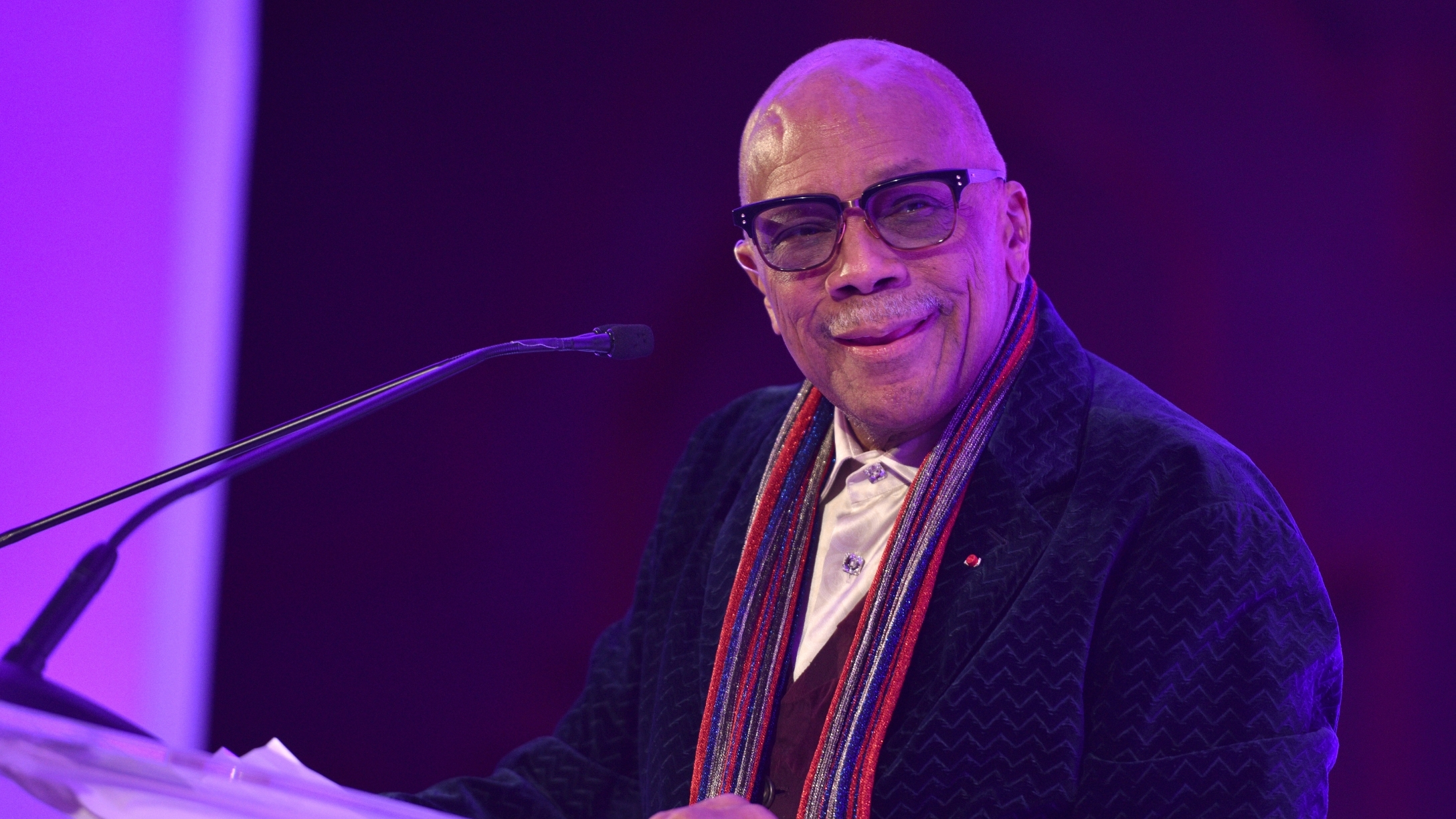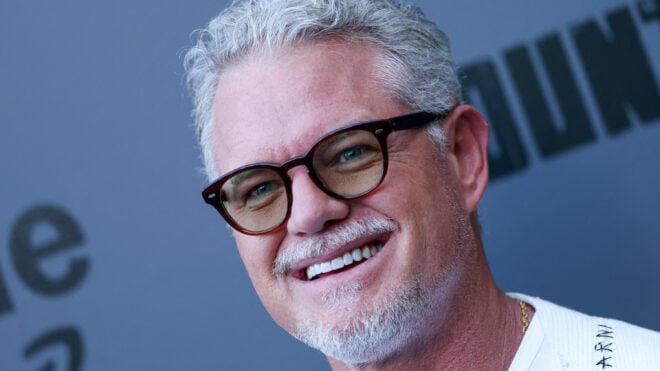
Quincy Jones' interviews are as legendary as his storied music career. There were rumors years ago that Quincy's daughters have asked him to behave better during these interviews, keeping some of his iconic stories to himself for the sake of other parties involved.
The legenary musician did no such thing in this interview, though he did confirm that his daughters have been on his case about his behavior in interviews in recent years. Quincy's way of remembering things is colorful, although some say not entirely truthful.
More from LittleThings: Rosie O’Donnell Responds To Teen Daughter's Claims That Her Childhood Wasn't 'Normal'
Still, it's hard to deny the experiences of a man who has lived through so much. Quincy opens up about those illustrious moments with some of the most unforgettable names in music (and the ones that weren't so great) in his 2021 sit-down with The Hollywood Reporter.
Quincy Jones has worked with some of the biggest names in music, from his beginnings in jazz music at just 14 years old.
"I learned very early why God gave us two ears and one mouth, wants us to listen twice as much as we talk, or he would have given us two mouths, not two ears," Quincy told The Hollywood Reporter.
"There's 12 notes that have been floating around the universe for 720 years now, and we have those same 12 notes that Brahms, Bach and Beethoven had."
More from LittleThings: 'Sandlot' Star Recreates Hilarious Moment From Iconic Film With His Baseball-Loving Son
Quincy made his way to Los Angeles in the mid-1960s and was met with racism almost immediately.
"They called me to do Gregory Peck's Mirage [in 1965] and I came out here. I was dressed in my favorite suit, and the producer came out to meet me at Universal. He stopped in his tracks — total shock — and he went back and told [music supervisor] Joe Gershenson, 'You didn't tell me Quincy Jones was a Negro,'" he recalled.
"They didn't use Black composers in films. They only used three-syllable Eastern European names, Bronislaw Kaper, Dimitri Tiomkin. It was very, very racist.
"And Truman Capote, I did In Cold Blood, man. He called [director] Richard Brooks up, he said, 'Richard, I can't understand you using a Negro to write music to a film with no people of color in it.' Richard said, '[Expletive] you, he's doing the score.' I did, and I got nominated for an Oscar."
Later in the interview, Quincy talks about how he met one of his best collaborators, the late King of Pop, Michael Jackson.
"When he was 12 at Sammy Davis' house, and he told me when we decided to do [The Wiz], he says, 'I need you to help me find a producer. I'm getting ready to do my first solo album.'"
He remembered Michael as a professional, even at a young age. "He knew how to do his homework, whether it was with Fred Astaire and Gene Kelly or whoever, James Brown. He was doing some Elvis copying, too. 'The King of Pop,' man. Come on!"
Quincy was asked if he ever worked with Elvis Presley, to which he replied, "No. I wouldn't work with him."
He explained, "I was writing for [orchestra leader] Tommy Dorsey, oh God, back then in the '50s. And Elvis came in, and Tommy said, 'I don’t want to play with him.'
"He was a racist mother — I'm going to shut up now. But every time I saw Elvis, he was being coached by ['Don't Be Cruel' songwriter] Otis Blackwell, telling him how to sing."
It was pointed out that Otis has denied ever meeting Elvis.
Quincy also commented on the protests surrounding George Floyd's death. "It's been coming a long time, man. People have been turning their heads the other way, but it's all the same to me — misogyny, racism," Quincy said.
"You have to be taught how to hate somebody. It doesn't come naturally, I don't think. I don't think so, unless you've been trained. I just think it's such a bad habit. These racists, oh my God."
Some Elvis fans took issue with Quincy's accusation in the interview. However, it's far from the first time Elvis has been accused of racism. R&B singer Mary J. Blige was famously criticized for performing "Blue Suede Shoes" on VH1 in 2002 and addressed the fact that Elvis was a polarizing figure for Black people.
"I prayed about it because I know Elvis was a racist. But that was just a song VH1 asked me to sing," she said bluntly.
"It meant nothing to me. I didn't wear an Elvis flag. I didn't represent Elvis that day."




